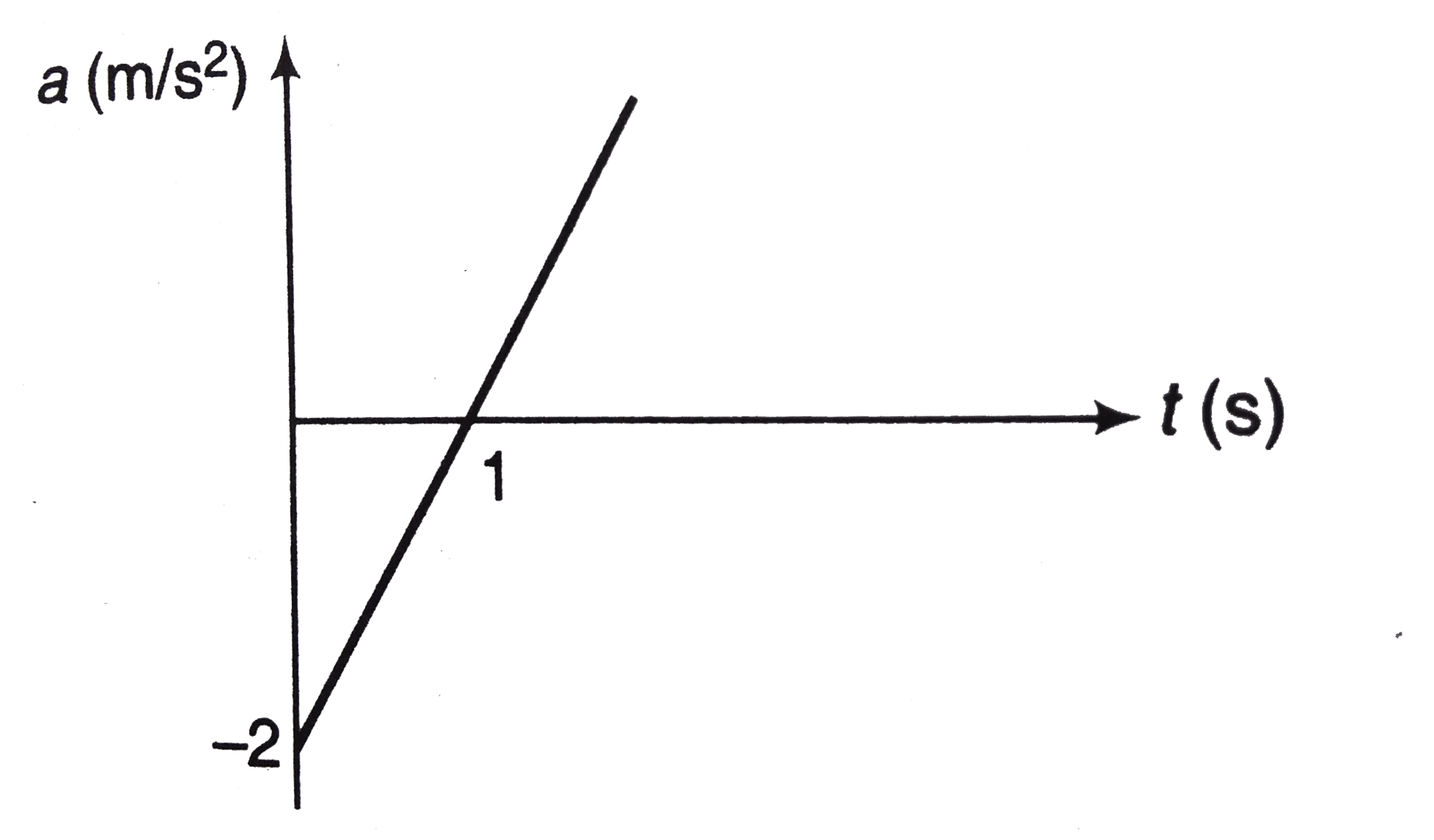Velocity of a particle varies as in If is taken at 12:00 noon
Q. Find the expression for the acceleration of the particle.
none
The correct Answer is:B
Topper's Solved these Questions
- CENGAGE PHYSICS DPPBook:CENGAGE PHYSICSChapter:CENGAGE PHYSICS DPPExercise:single correct type
Explore 14 Videos
- CENGAGE PHYSICS DPPBook:CENGAGE PHYSICSChapter:CENGAGE PHYSICS DPPExercise:subjective type
Explore 51 Videos
- CENGAGE PHYSICS DPPBook:CENGAGE PHYSICSChapter:CENGAGE PHYSICS DPPExercise:Fill in the blanks type
Explore 26 Videos
- CAPACITOR AND CAPACITANCEBook:CENGAGE PHYSICSChapter:CAPACITOR AND CAPACITANCEExercise:Integer
Explore 5 Videos
- CENTRE OF MASS CONVERSATION OF MOMENTUM AND COLLISIONBook:CENGAGE PHYSICSChapter:CENTRE OF MASS CONVERSATION OF MOMENTUM AND COLLISIONExercise:Question Bank
Explore 38 Videos
Similar Questions
The displacement x of a particle varies with time as x=4t2–15t+25. Find the position, velocity and acceleration of the particle at t = 0.
View SolutionIf the motion of aparticle is governed by the equation, s=2t3−3t2+2t+2, find the poswition, velocity and acceleration of the particle at time t=2s.
View Solution
Knowledge Check
Velocity of a particle varies as v=2t3−3t2 in kmhr If t=0 is taken at 12:00 noon
Q. What is the velocity of the particle at 12:00 noon?A0.5kmhrBzeroC1km kmhrD2 kmhrVelocity of a particle varies as v=2t3−3t2 in kmhr If t=0 is taken at 12:00 noon
Q. The time at which speed of the particle is minimum.A12:00 noonB0.54166666666667C0.45833333333333D0.58333333333333Velocity of a particle varies as v=2t3−3t2 in kmhr If t=0 is taken at 12:00 noon
Q. Find the time between 12:00 noon and 1:00 pm which speed is maximumA12:00 noonB0.54166666666667C0.45833333333333D0.58333333333333
The velocity of a particle is given by v=12+3(t+7t2). What is the acceleration of the particle?
View SolutionThe displacement x of a particle varies with time t as
x=4t2−15t+25
Find the position, velocity and acceleration of the particle at t=0. When will the velocity of the particle become zero? Can we call the motion of the particle as one with uniform acceleration ?
View SolutionVelocity vector of a particle is given as
→v=4tˆi+3ˆj
At t=0 position of the particle is given as →r0=2ˆj
Find the position vector of the particle at t=2 sec and te average acceleration of the particle for t=0 to t=2sec.
View SolutionThe acceleration of particle varies with time as shown.

(a) Find an expression for velocity in terms of t.
(b) Calculate the displacement of the particle in the interval from t=2s to t=4s. Assume that v=0 at t=0.
View SolutionIf velcotiy of a particle is given by v=2t−1 then find the acceleration of particle at t = 2s.
View Solution